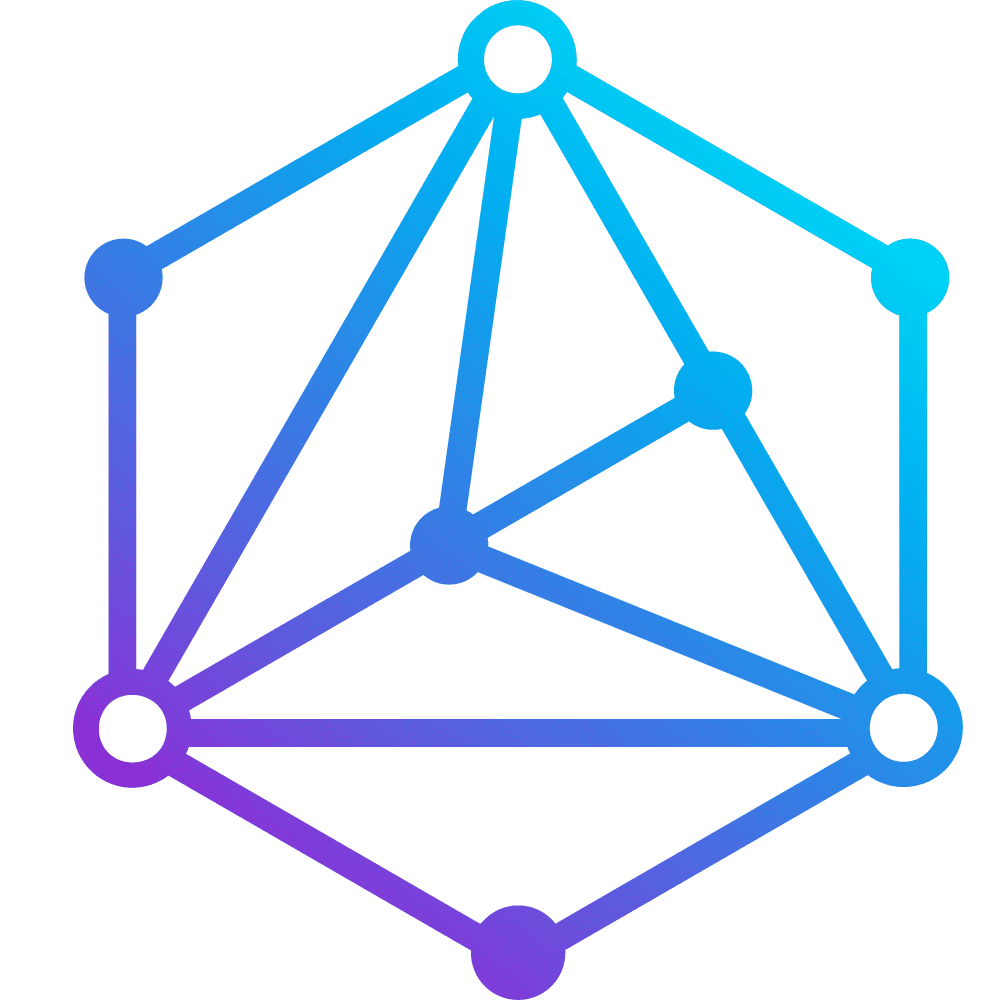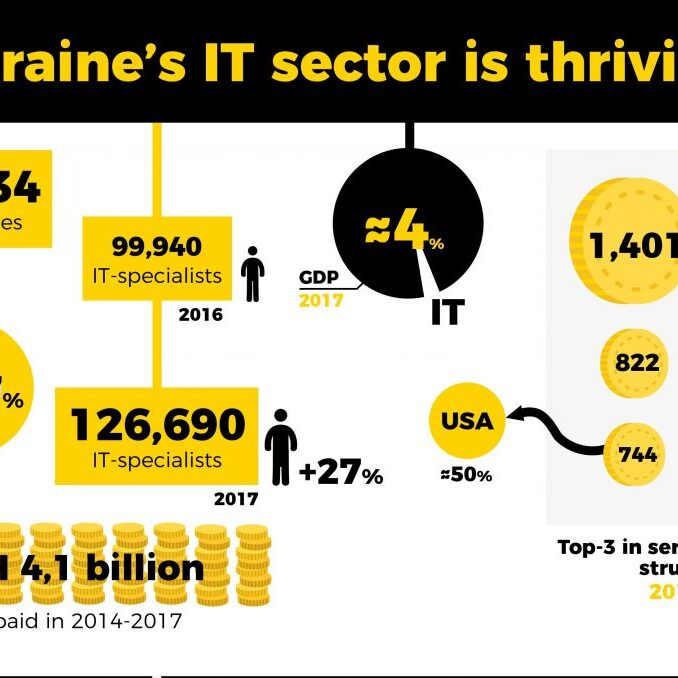We’ve all seen what happens when you go wide on your candidate sourcing, without targeting specific candidates who are right for a given role. It’s a slow, expensive way to end up with someone who isn’t the best fit for your client.
Today, more than 90% of employers research potential employees online. But that’s just the beginning of what constitutes good research.
Researching candidates wherever they are
Some quick research into candidates you already know is fairly straightforward. But that’s just a small part of the overall talent pool and, particularly given the current candidate shortage, it’s your job to find the right people wherever they are.
In part, effective research is about understanding the places your ideal candidates are most likely to be reachable. This could include social media, events and more. However, it’s also important that you can efficiently search for candidates online.
As part of our new course on candidate sourcing, we’ve put together a complete guide to research and searching. It’s a core part of a healthy sourcing cycle – and a way to make effective, impactful decisions underpinned by the information that’s already out there.
One key technique is Boolean searching – using powerful search tools to refine and filter all the information that’s out there. If you’re not already using Boolean search, it’s a game-changer.
For example, using ‘site:linkedin.com’ before your search terms in Google restricts results to pages on LinkedIn. Similarly, using ‘senior leader’ will get you results for that mention ‘senior’ or ‘leader’ – using ‘senior AND leader’ will get you the filtered results you need.
There are numerous commands you could be using to make your searches more accurate. This is also useful on individual social media platforms, where you may be looking to research individual candidates and find all their posts.
Find everyone who matters
Every recruiter knows how important it is to research candidates, whether that’s through social media, online communities, or a traditional reference from a previous employer. But there are many, many people who influence candidates – and could be the difference between securing their interest or being ignored.
Beyond individual candidates, take some time to map out the communities where the kind of people you’re looking for gather. The process can take some time, but you’ll usually see the roles of various people within a few weeks. This could include:
- Thought leaders and influencers in a given industry
- People who are currently searching for new opportunities
- The most skilled in a given role or niche
- The people who lead or moderate a given community
- Other recruiters who are present
Once you understand who’s who across the community, you can start to build relationships and trust.
You can build these relationships offline, too. Candidates you have placed have the potential to become clients in the future, while delivering great service to anyone who gives you a reference is a fantastic way to network.
The research goes both ways
Finally, remember that research is how people build confidence – online and offline. And while you’re researching the talent pool and individual candidates, they’ll be researching you too.
This is why embedding yourself into communities is so important, whether that’s posting your own content and opinions or striking conversations with the people who matter most. The more active you can be, the more trusted you’ll be – and the more you’ll be primed to take advantage of opportunities when they arise.











